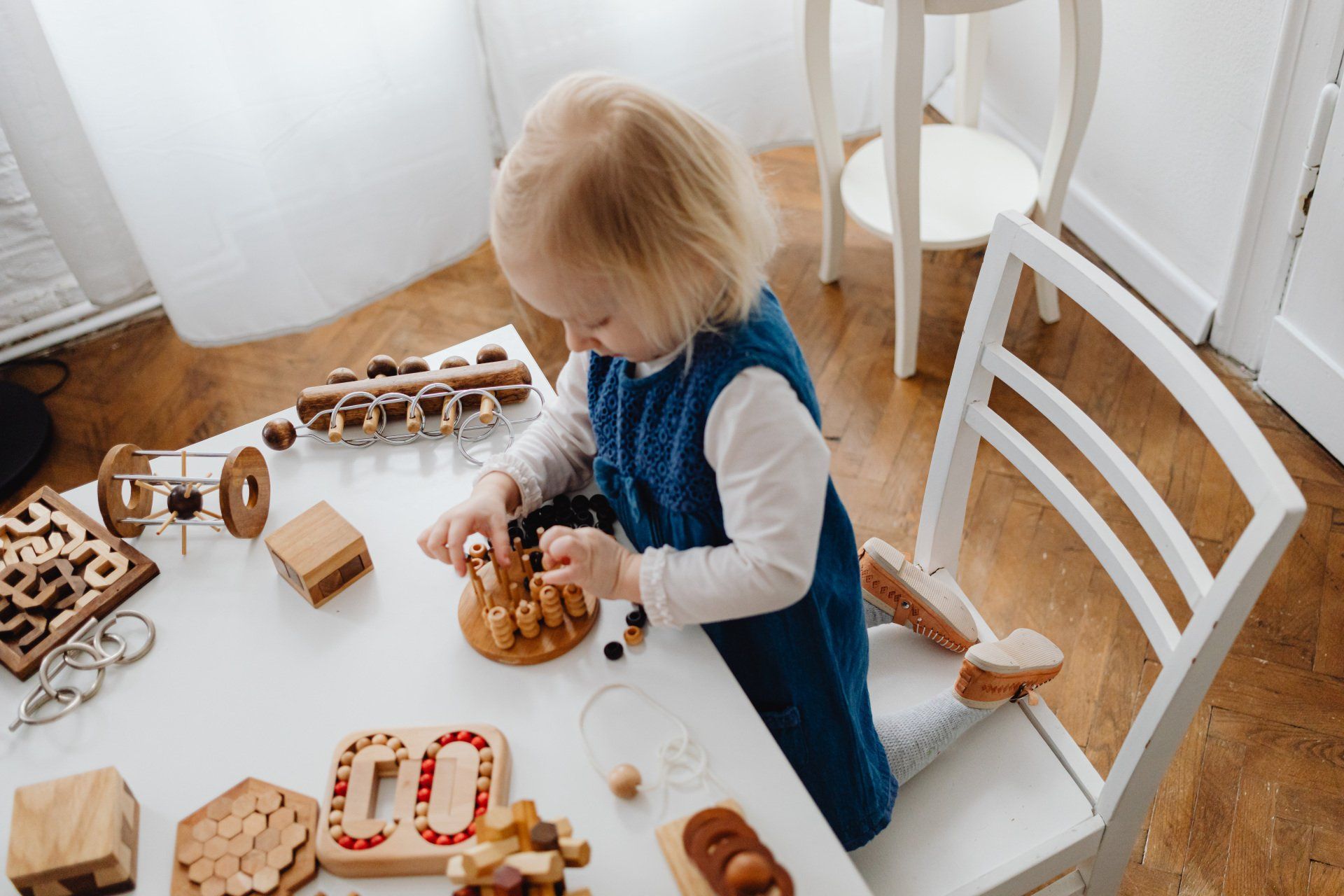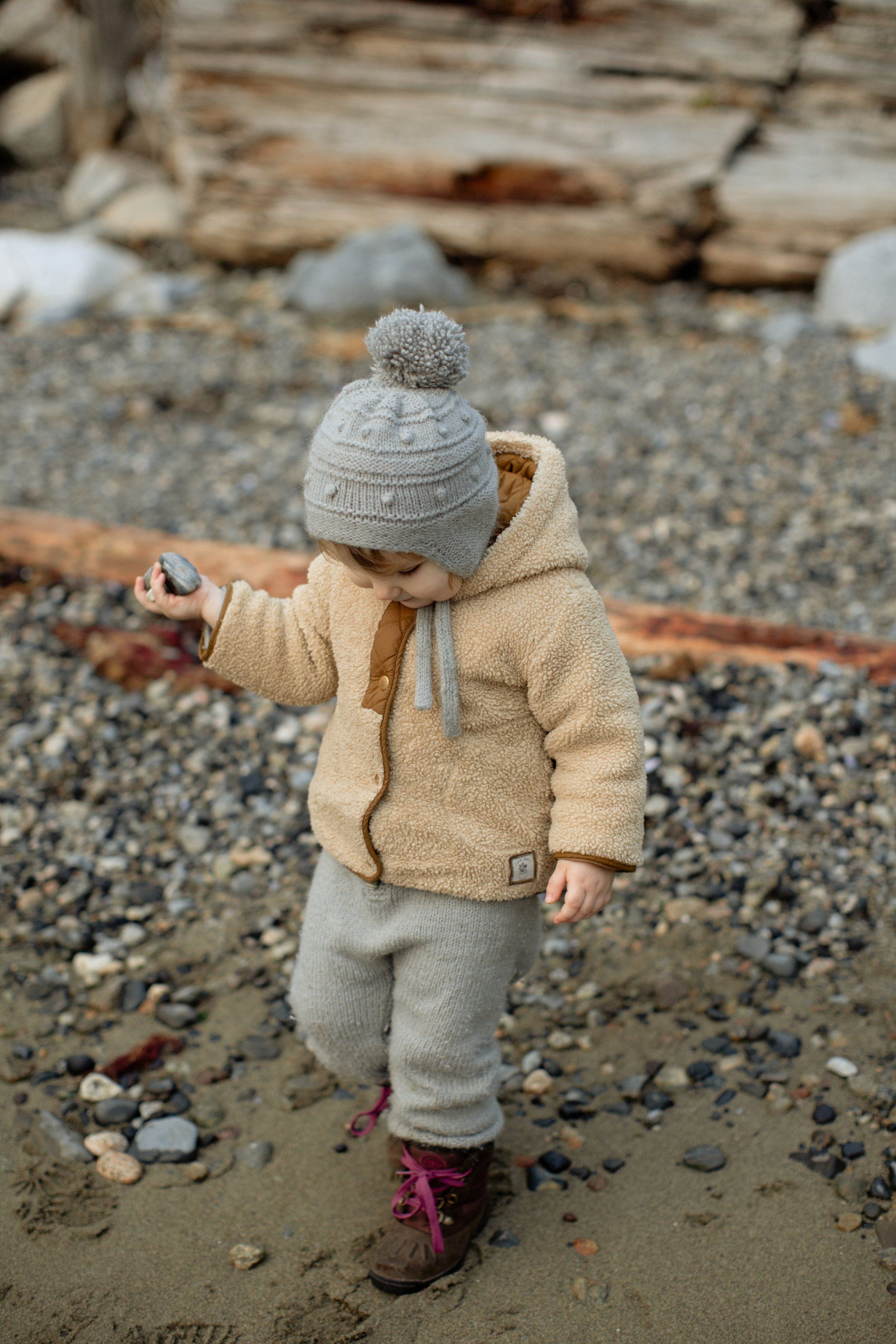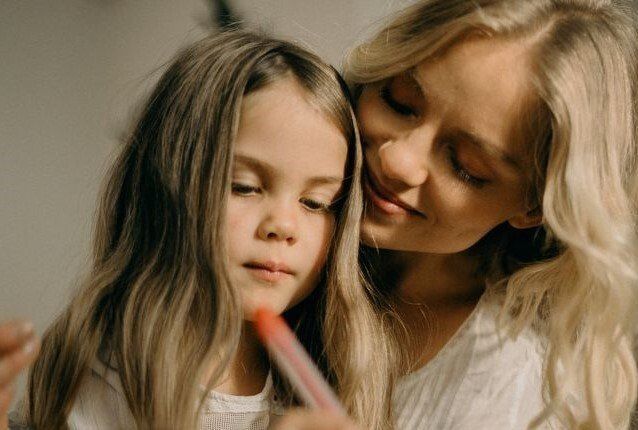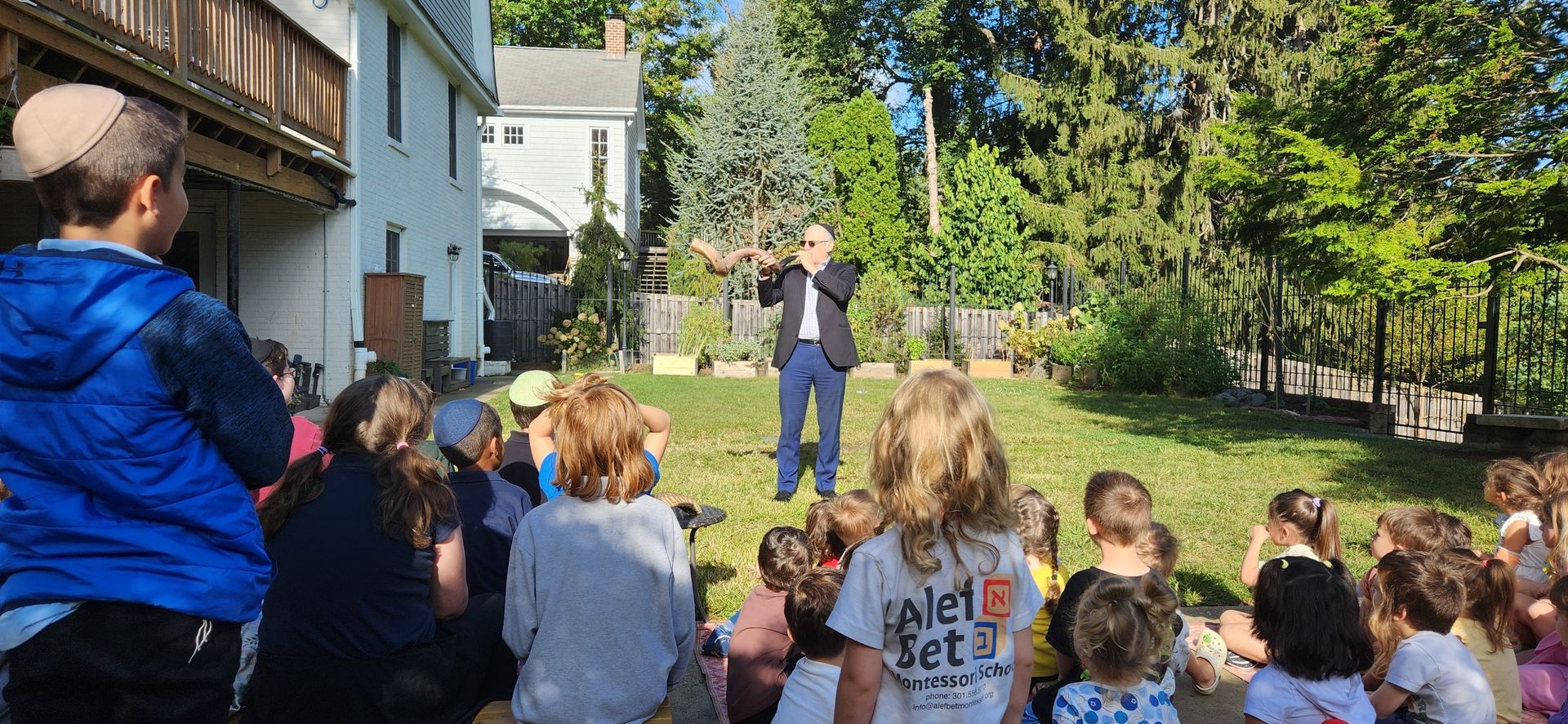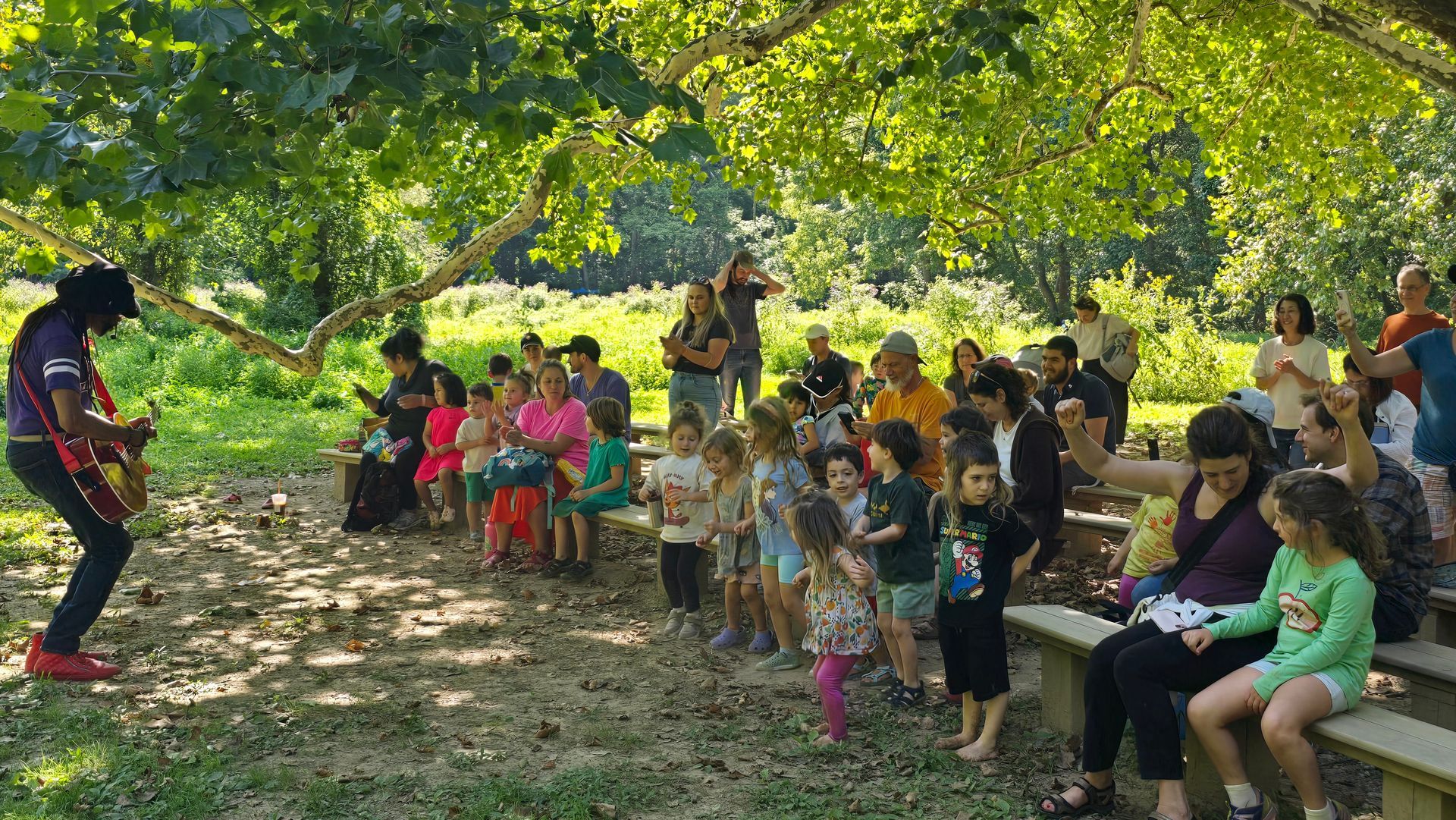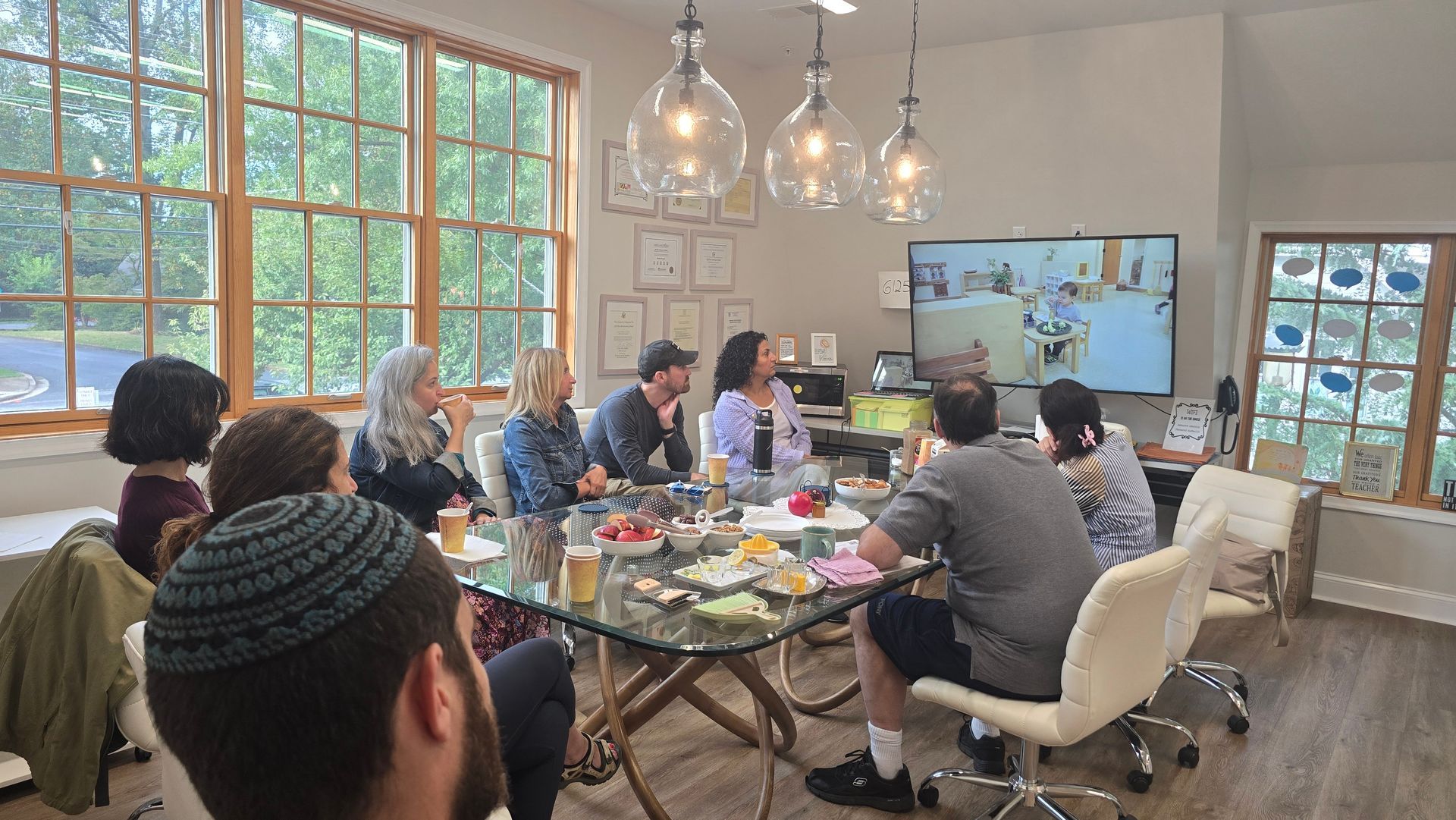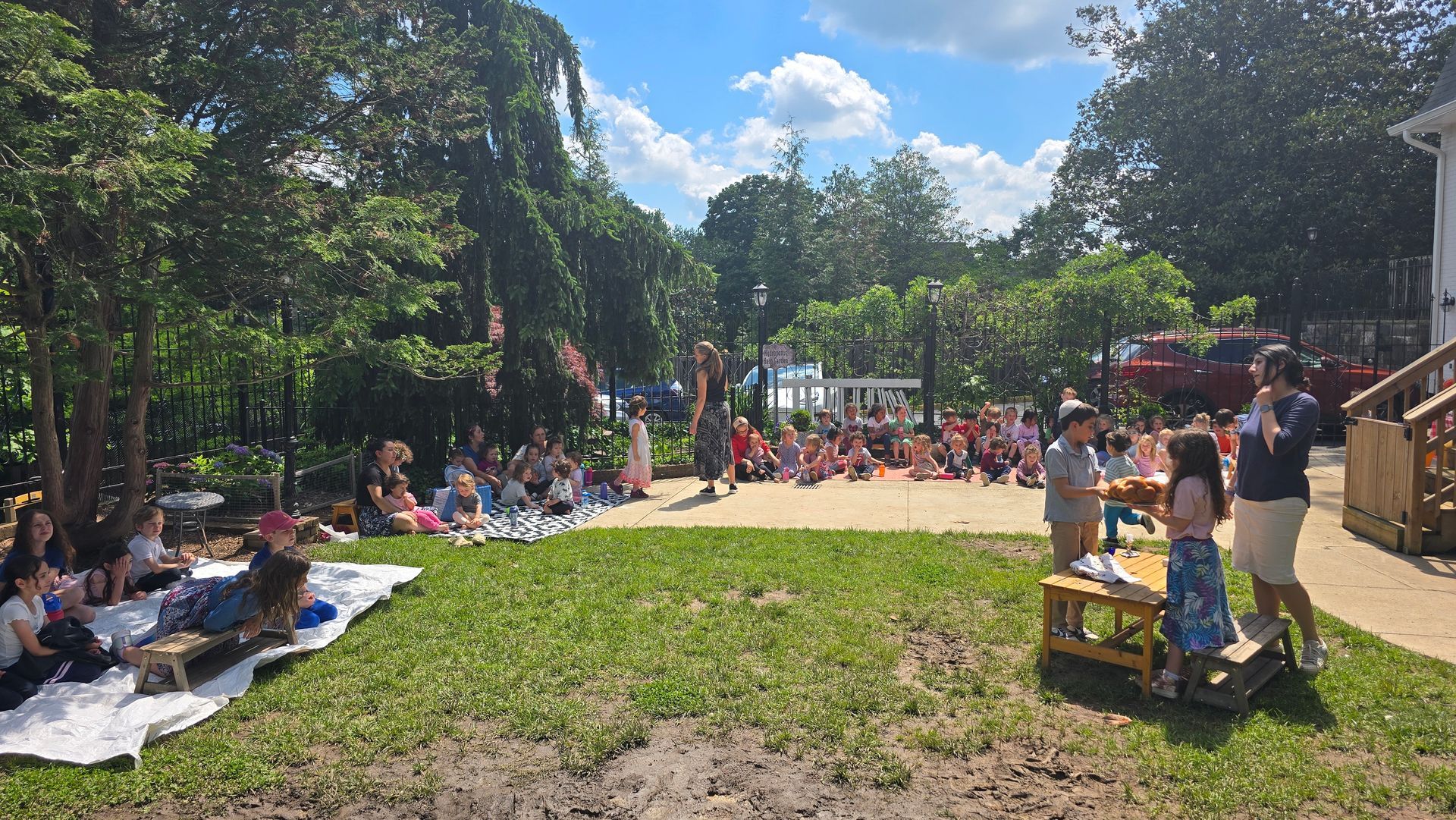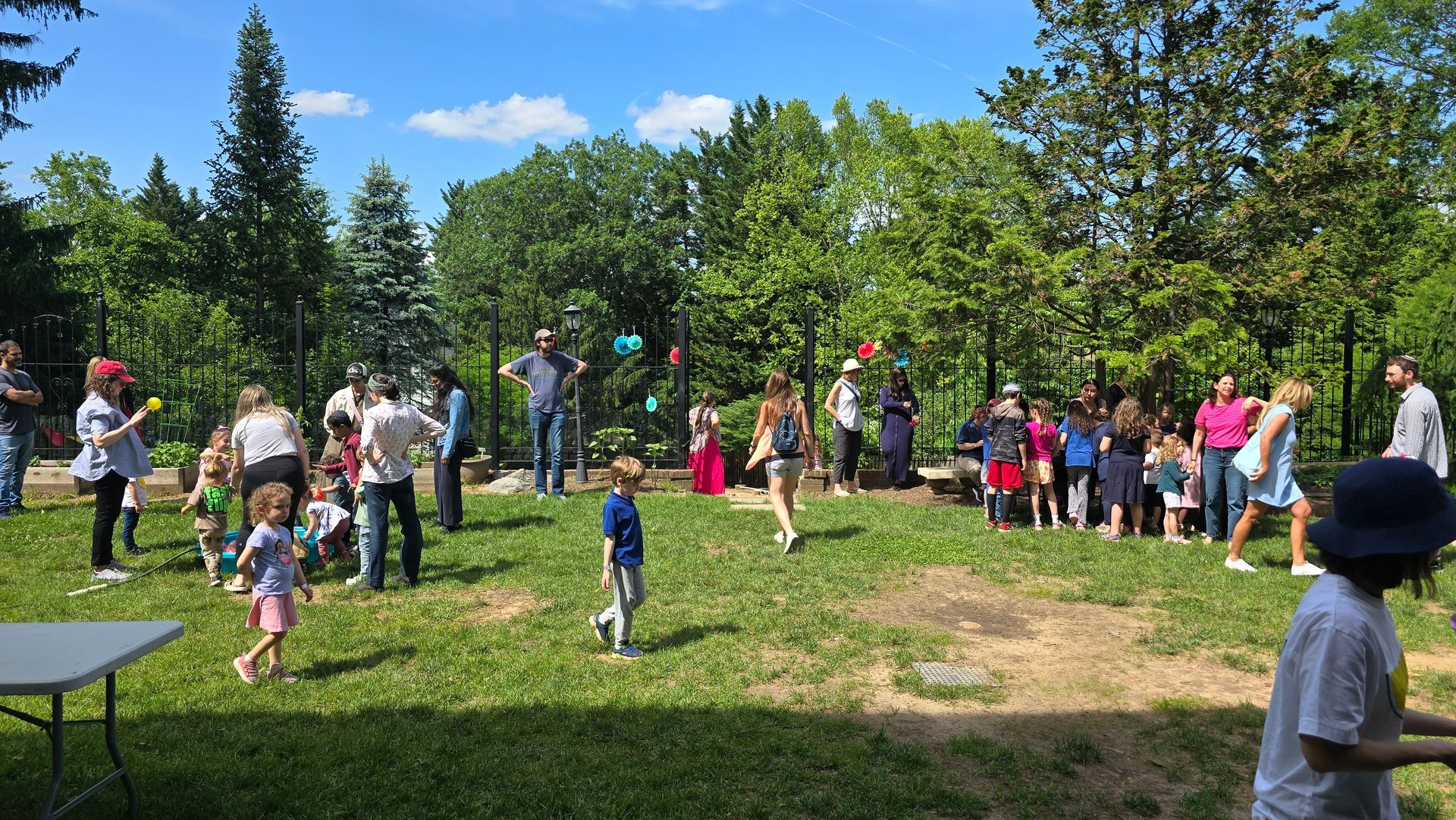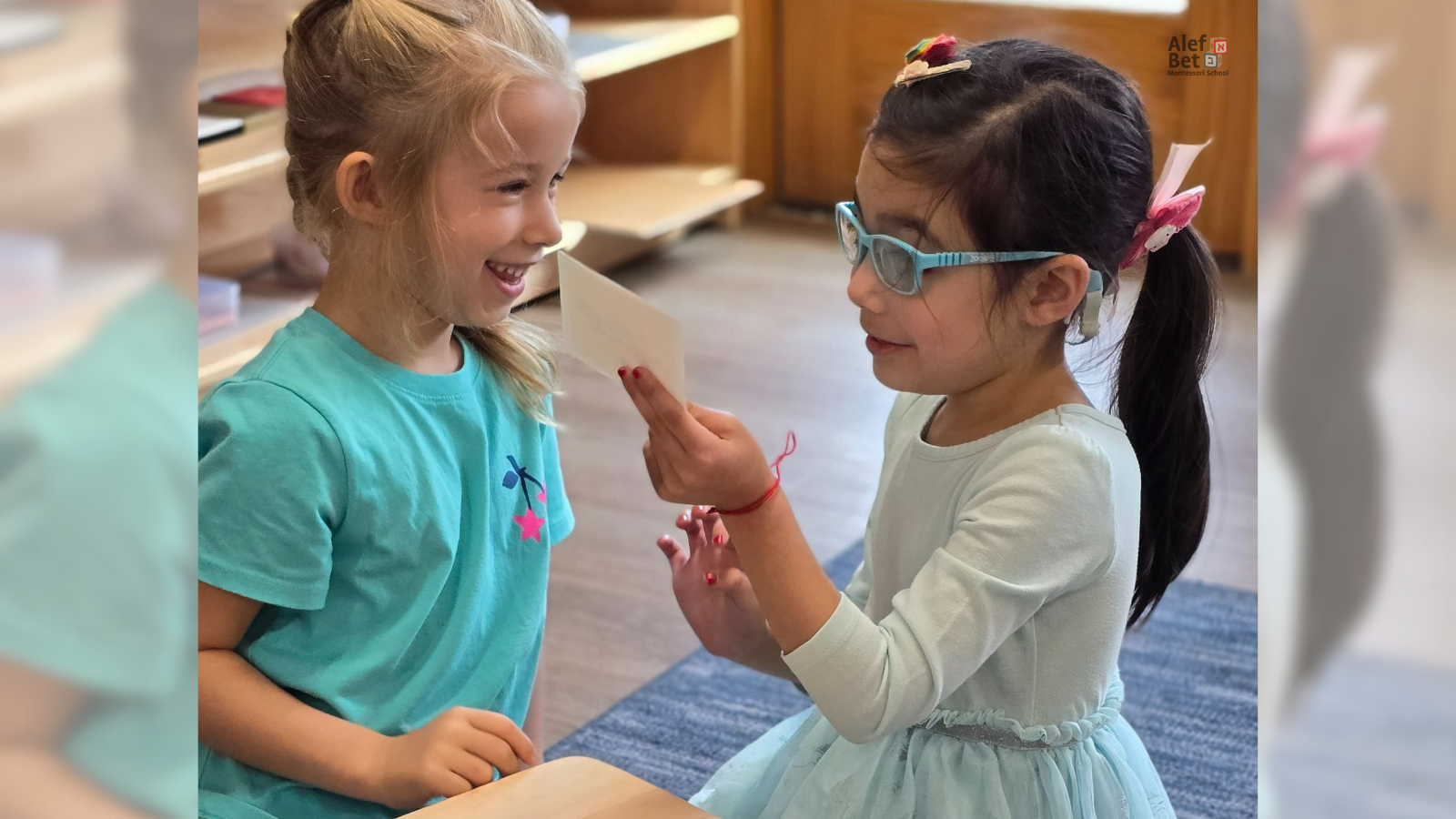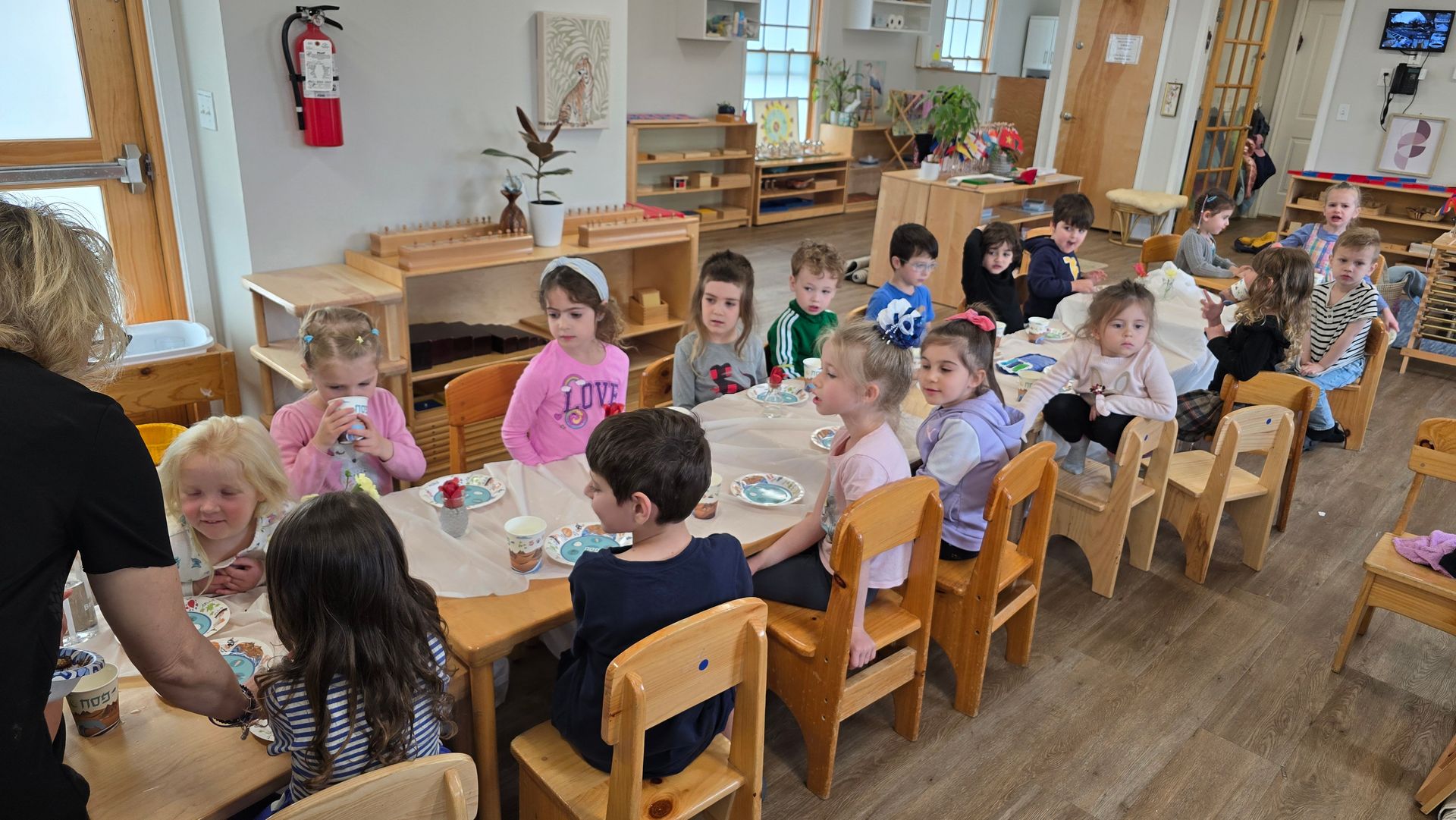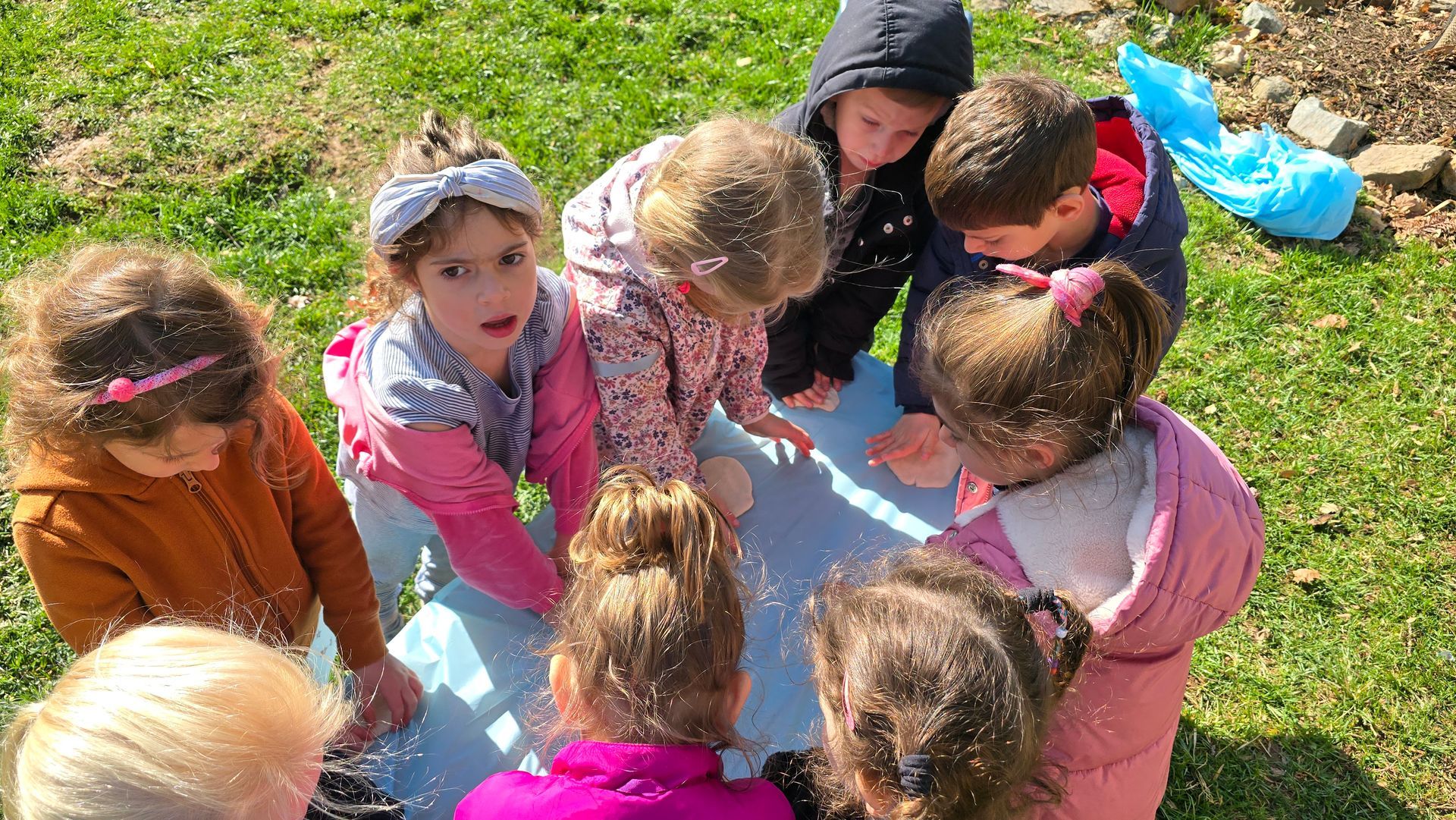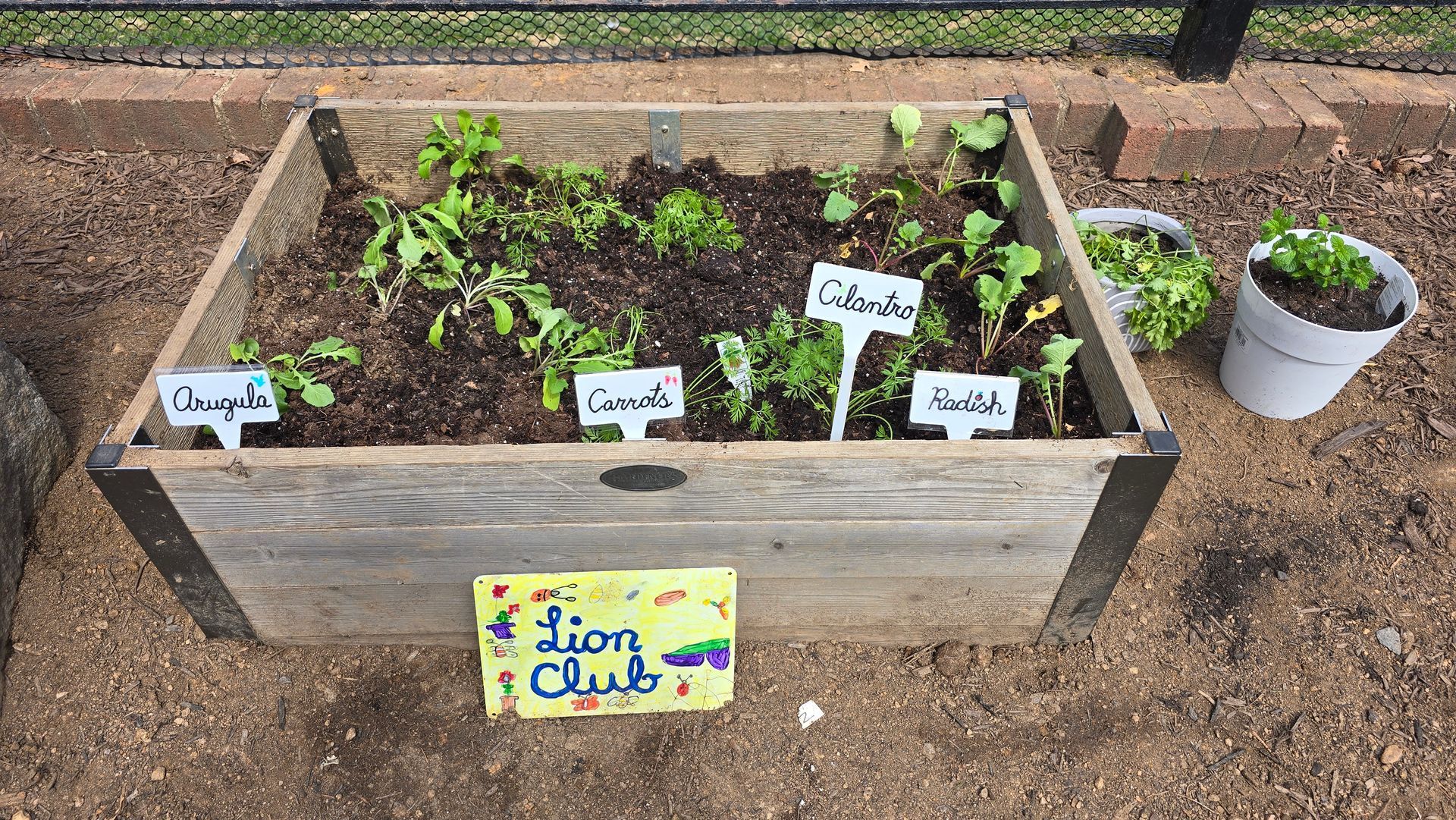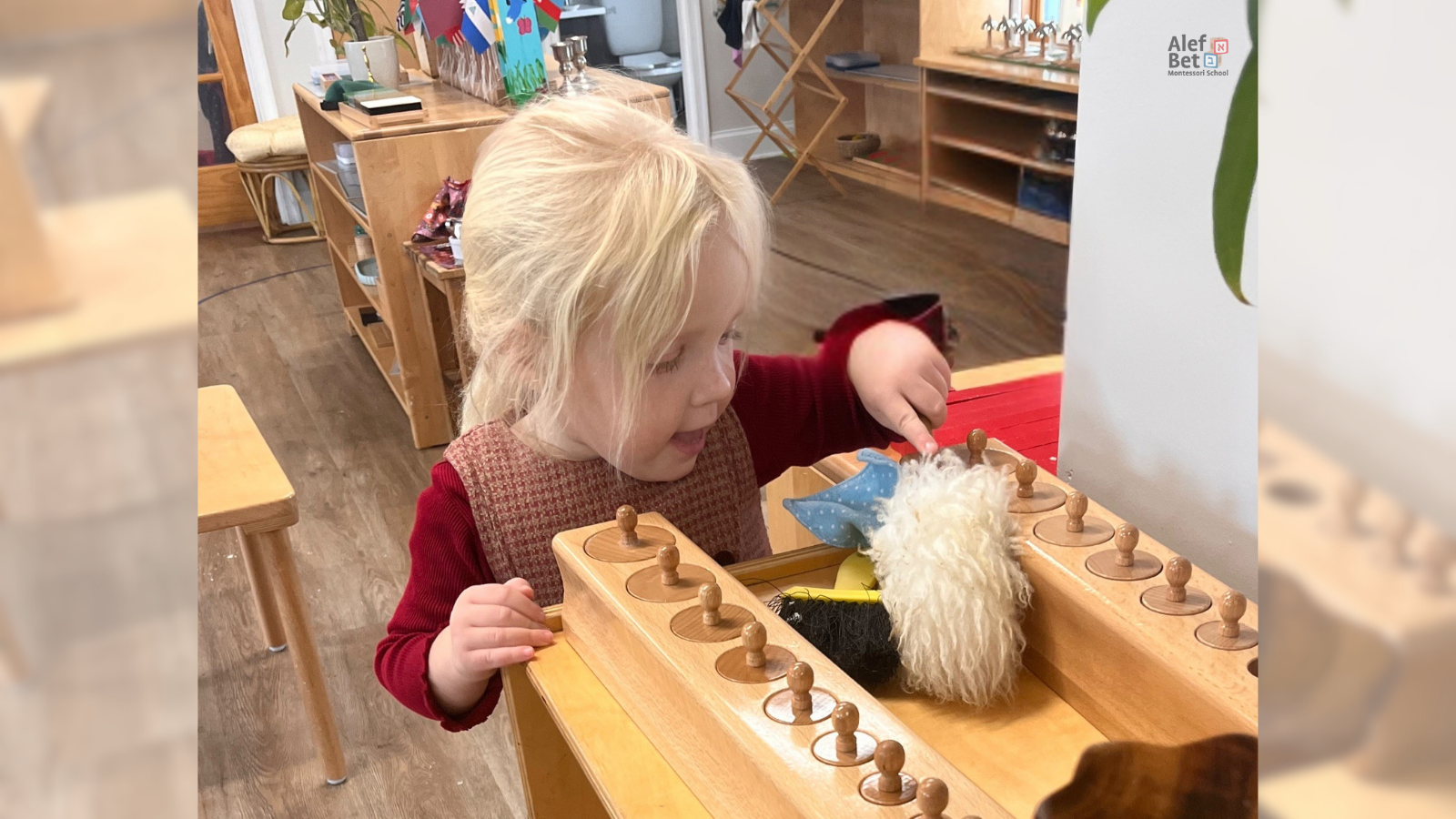By Or Shteinmetz
•
April 2, 2025
Our school gathered to celebrate Leil HaSeder, the special evening of the Passover (Pesach) holiday. This beautiful tradition allows us to retell the story of the Israelites' exodus from Egypt and their journey to freedom. More than just recounting history, Leil HaSeder teaches us about resilience, gratitude, and the importance of passing down traditions from generation to generation. The Story Behind the Seder Passover commemorates the miraculous liberation of the Jewish people from slavery in Egypt over 3,000 years ago. The Haggadah, the text read during the Seder, guides us through this story with symbolic foods, songs, and rituals. Each element on the Seder plate represents a different part of the Israelites' journey, helping children and adults alike connect to the past in a meaningful way. Experiencing the Seder Through the Montessori Lens In our Montessori environment, children learn best through hands-on experiences. Our Leil HaSeder celebration provided a multi-sensory approach to understanding the holiday, allowing the children to see, touch, smell, and taste the elements of the Seder plate. Matza – The unleavened bread that reminds us of the Israelites' hurried departure from Egypt. The children explored its texture, noticed its crispness, and tasted its unique flavor. Maror (Bitter Herbs) – Representing the bitterness of slavery, the children smelled and carefully tasted the strong, sharp flavors, helping them connect to the struggles of the past. Haroset – A sweet mixture of apples, nuts, and grape juice, symbolizing the mortar used by the Israelites in their labor. The children enjoyed its contrasting sweetness and grainy texture. Carrot & Lettuce – These vegetables symbolize different aspects of the Israelites' journey, including both hardship and growth. Children engaged in thoughtful conversation about the meaning of these foods. Zeroa (Shank Bone or Roasted Beet) – Traditionally representing the Paschal sacrifice, we used a roasted beet instead of real meat to keep our kosher restrictions. Beitzah (Roasted Egg) Symbolizes mourning for the destruction of the Temple and the cycle of life and renewal. A Joyful and Meaningful Celebration As part of our celebration, we enjoyed a warm bowl of homemade matzah ball soup , a favorite among the children! Sharing this comforting dish brought a sense of togetherness and joy to the meal. We also sang traditional Pesach songs , filling the room with music and happiness. Reading from the Haggadah , the children listened intently to the ancient words that continue to be shared in Jewish homes around the world. Through these experiences, our Montessori students connected deeply with the holiday, engaging all their senses to build a lasting understanding of Passover. By celebrating Leil HaSeder together, we not only honor our traditions but also nurture a love for learning, storytelling, and cultural heritage. We are so grateful for this opportunity to celebrate together and wish all of our families a Chag Pesach Sameach – a happy and meaningful Passover!
